RSS (most commonly translated as "Really Simple Syndication" and sometimes as "Rich Site Summary") is a family of web feed formats used to publish frequently updated works— such as Blog entries, news headlines, audio, and video—in a standardized format. Web feeds benefit publishers by letting them syndicate content automatically. They benefit readers who want to subscribe to timely updates from favorite websites or to aggregate feeds from many sites into one place. RSS feeds can be read using software called an "RSS reader", "feed reader", or "aggregator", which can be web-based, desktop-based, or mobiledevice- based.
There are Three Major Forms of feed readers this are
Stand alone readers, such as www.Feeddemon.com that provides feeds in an easy form and you have the ability to access your feeds even while offline.
Adds on readers such as www.pluck.com they create channels on browsers displaying headlines to feeds.
Web-based feed readers which automatically enables you to add RSS feeds to your Favorites folder creating "Live Bookmarks".
A standardized XML file format allows the information to be published once and viewed by many different programs. The user subscribes to a feed by entering into the reader (that is) the feed's URI – often referred to informally as a "URL" (uniform resource locator), although technically the two terms are not exactly synonymous – or by clicking an RSS icon in a browser that initiates the subscription process. The RSS reader checks the user's subscribed feeds regularly for new work, downloads any updates that it finds, and provides a user interface to monitor and read the feeds.
A variety of RSS Readers are available for different platforms. Some popular feed readers include Amphetadesk (Windows, Linux, Mac), FeedReader (Windows), and NewsGator (Windows - integrates with Outlook). There are also a number of web-based feed readers available. My Yahoo, Bloglines, and Google Reader are popular web-based feed readers.
How Can RSS Benefit Your Blogging Activities?
1. Bloggers are often trying to find ways to get more traffic or get more exposure for their Blogs. One of the ways to do this is by using RSS. RSS is something that is easy to use, once you know what it is all about. It can improve your website traffic, give you more exposure, help build your reputation, allow you access to the latest news, and update your blog automatically.
2. When you use RSS you can get listed in search engines and RSS directories. This is capable of boosting your traffic immensely. You will be surprised at how much more traffic you will get when you utilize RSS for your blog. In addition to adding it to the search engine, you will likely get a higher position on the search engine as well.
3. Another reason to use RSS is to keep your blog information fresh and interesting. You can use RSS to update your site with new content without writing it yourself. You can use RSS feeds that automatically update your content for you. With RSS, every time this happens, search engine spiders will automatically be updated that you have new blog content. It is a great way to let people know when you have something new out there.
4. When using RSS, your blog content will be out there for others to publish it as well on their sites. and they will have to give you credit as the Content Source, but they will be able to put it on their site. It provides you with loads of exposure you otherwise would not get. Having people access your blog from other sites will only improve the traffic on your site as well. So, this part of RSS can be a wonderful advantage.
If you want to offer the latest news headlines on your site you should certainly consider using RSS. If you want to offer your blog for other sites to use, you should also consider using RSS. If you simply want to build traffic within your site or want to have a more organized way of containing your information and content, RSS is also a great choice. RSS can be scary because it seems complicated, but once you get the hang of it, you will likely enjoy using it and watching your blog become more and more successful.
Go to The Next Tutorial






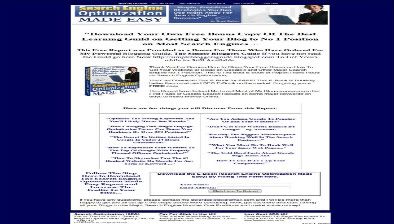
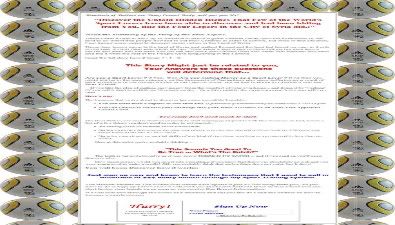
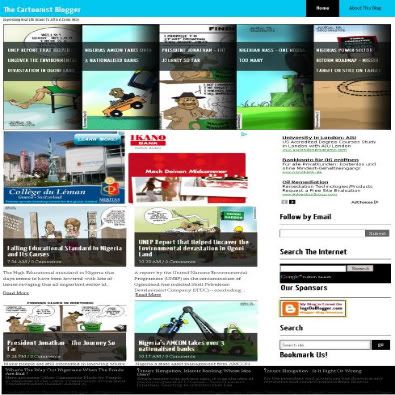
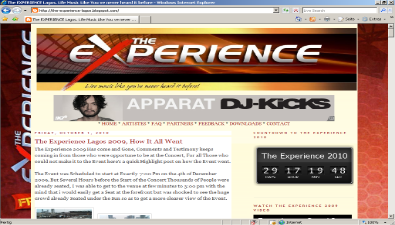
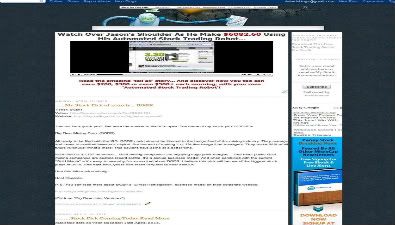


0 comments:
Post a Comment